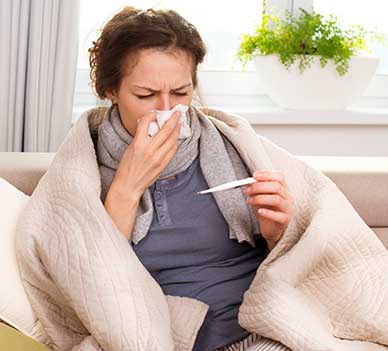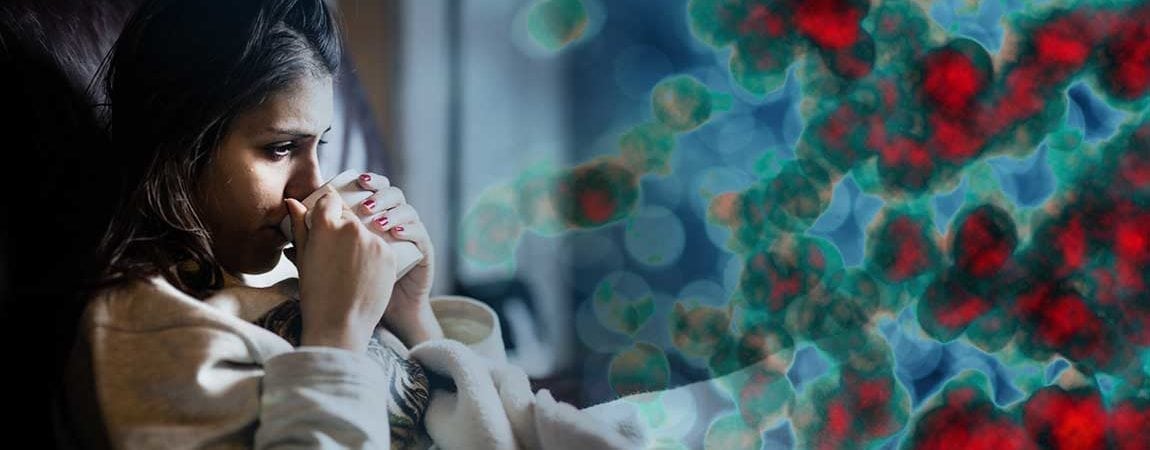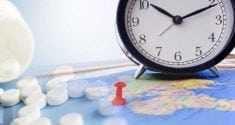Discovered: A Direct Link Between Circadian Clock and the Immune System
The Circadian Rhythm of the Immune System
Like all cells in the human body, the cells of your immune system run on a distinct circadian, or 24-hour, rhythm. There are daily rhythms in the release of immune proteins such as cytokines as well as in the migration of immune cells to inflamed tissues and the production of T cells and other cells involved in immunity.
T Cells: The Link Between the Circadian Clock and the Immune System
If you have a loved one with a disease that affects their immune system, you have probably heard of T cells. T cells are tested to measure the strength of an immune system, and are in fact one of the most important parts of your immune system. T cells scout your body looking for microbes. When they see them, they attack. In addition, T cells have an amazing ability to remember the microbes that they have encountered, which is why you can only get some diseases once. Because T cells are so important, their numbers are tightly regulated.
However, T cells appear to be regulated in a different way than most cells in the body. Most cells can divide a set number of times, while T cells appear to have a time limit for division instead. They can divide as often as needed within their allotted lifetime and then they self-destruct. This appears to be controlled by a gene called Bcl-2, which also is involved in the circadian rhythm.
Circadian Rhythm-Governed Expression of Immune Cells
 There are yet other ways that the circadian clock and the immune system are linked. The immune system revs up production of immune cells at certain times of day in response to melatonin levels. In addition, the expression of certain cell receptors that are crucial in the function of immune cells also appears to be governed in part by the time of day. These receptors are crucial in helping T cells to detect an antigen and then set off the immune cascade that will prevent or lessen the symptoms of an illness. The result is that you are far less likely to catch a cold that you are exposed to in the late morning, and far more likely to die from a serious infection such as sepsis in the late night and the hours just before dawn.
There are yet other ways that the circadian clock and the immune system are linked. The immune system revs up production of immune cells at certain times of day in response to melatonin levels. In addition, the expression of certain cell receptors that are crucial in the function of immune cells also appears to be governed in part by the time of day. These receptors are crucial in helping T cells to detect an antigen and then set off the immune cascade that will prevent or lessen the symptoms of an illness. The result is that you are far less likely to catch a cold that you are exposed to in the late morning, and far more likely to die from a serious infection such as sepsis in the late night and the hours just before dawn.
These new studies add to a growing body of research on the link between infections, immunity and the circadian rhythm. It explains a phenomenon that researchers have already repeatedly observed: Animals exposed to an illness just before or during their resting phase get more serious infections and become sicker. Your circadian rhythm appears to have an immense effect on whether you get sick from the many pathogens we are exposed to on a daily basis.
You may not be able to choose the time of day at which you are exposed to an illness, but there are a few things you can do to improve your odds of making it through the fall and winter with as few sick days as possible. Be especially vigilant about hand-washing and other common-sense disease-control measures in the evening and late at night when your immune system is most susceptible. Maintain a healthy circadian rhythm with set bedtimes and wake up times. Keeping a healthy body, including a healthy sleep-wake cycle, is one of the best disease prevention measures you can use to reduce your chances of catching the next office cold.





